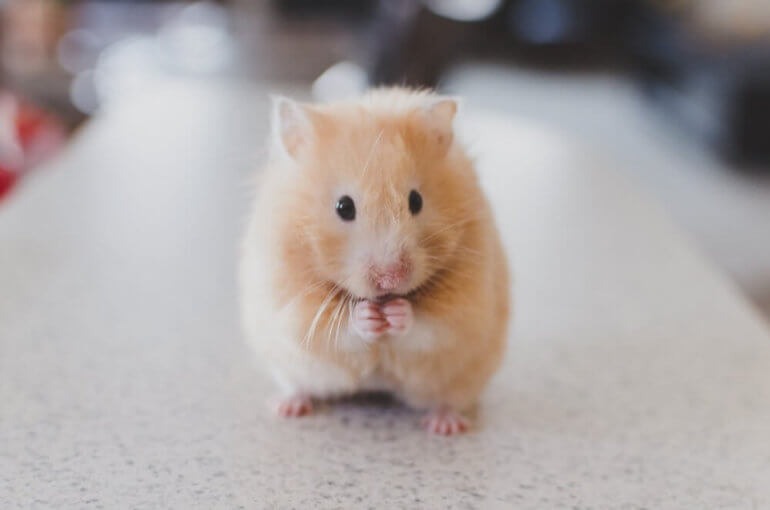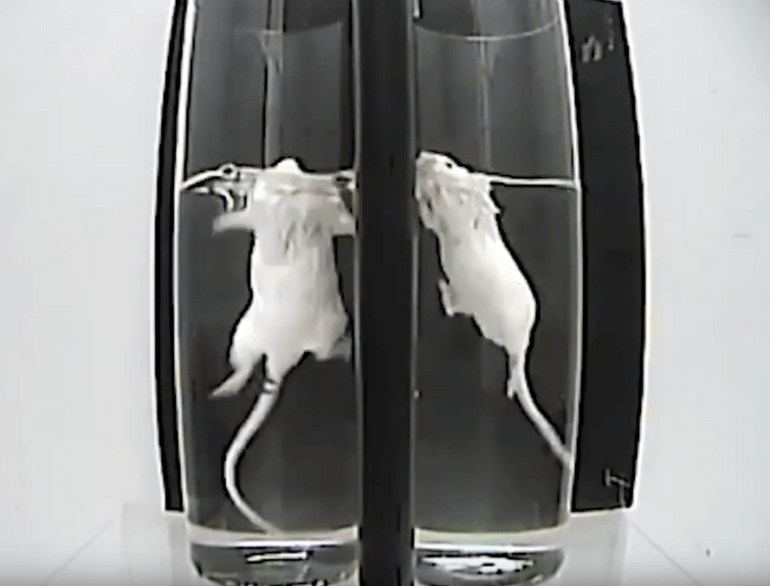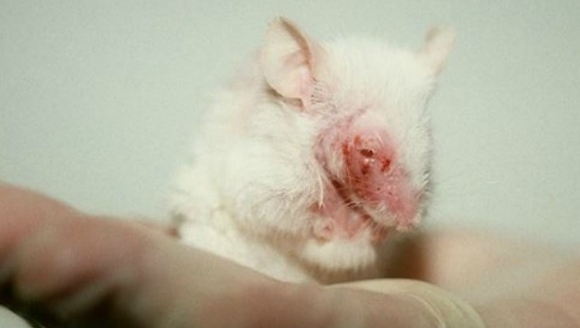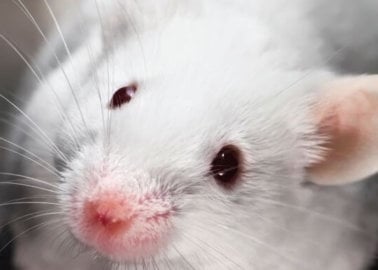Huge Win for Animals! Taiwan Drops Drowning, Electric Shock Tests on Animals
Following years of pressure from PETA US, the Taiwan Food and Drug Administration (TFDA) has announced a groundbreaking decision to delete all animal tests – including drowning mice and rats and making them run to exhaustion on an electrified treadmill – from its draft regulation for marketing food and drink using dubious anti-fatigue health claims.
At the TFDA’s request, PETA US had submitted a detailed scientific critique of these crude and archaic experiments, which are irrelevant to human health.
Removing animal testing from its anti-fatigue health claim draft regulation will save countless animal lives. This is a major reversal for the TFDA, which had originally endorsed horrific animal tests. For companies that want to make anti-fatigue health claims for marketing food and drink products, the agency now plans to require and allow only safe and effective human tests.
Previously, thousands of animals suffered for these anti-fatigue health claims:
During the notorious forced swim test, experimenters fed mice or rats large quantities of the test foods and then starved them for up to 24 hours. Afterwards, experimenters dropped them into beakers filled with water and observed how long they struggled before they drowned or remained underwater for eight consecutive seconds. If the animals learned to float and conserve energy, experimenters would stir the water to force them to struggle. To speed up the drowning process, experimenters tied lead wires to animals in order to make it harder for them to swim.
During the treadmill-running test, experimenters also fed rats large quantities of the test foods and then put the animals on treadmills equipped with electrified plates. Experimenters forced them to run at increasing speeds and inclines and observed how long it took for them to choose repeated electrocution over continuing to run. At the trials’ end, experimenters killed and dissected them.
Why are these tests useless to human health?
Sure, humans and rats both possess consciousness, value their lives, and have the ability to feel pain and experience joy. Both have a need for social interaction and share a wide variety of personality traits. And both enjoy being tickled!
However, human physiology is vastly different from that of rats, meaning that the results of tests on rats don’t tell us anything useful about humans. Even within the same species, caged, controlled animals react differently to stimuli (such as a food ingredient or chemical) than their counterparts living in natural habitats do.
Not surprisingly, the US National Institutes of Health states that 95% of new drugs that appear safe and effective in animal studies fail in human clinical trials.
PETA and our affiliates are leading the global effort to spare the lives of countless animals used in deadly food- and drink-industry experiments and replace them with humane, effective, economical, and modern animal-free research tools.
Dozens of companies around the world – including Coca-Cola, PepsiCo, Kellogg’s, Barilla, and General Mills – have ended animal tests after hearing from PETA US.
This is a groundbreaking victory, but mice still need your help.
Pharmaceutical giant Eli Lilly is still refusing to commit to banning the cruel and pointless forced swim test. Tell it what you think about tormenting mice and hamsters – send the company a message now.






